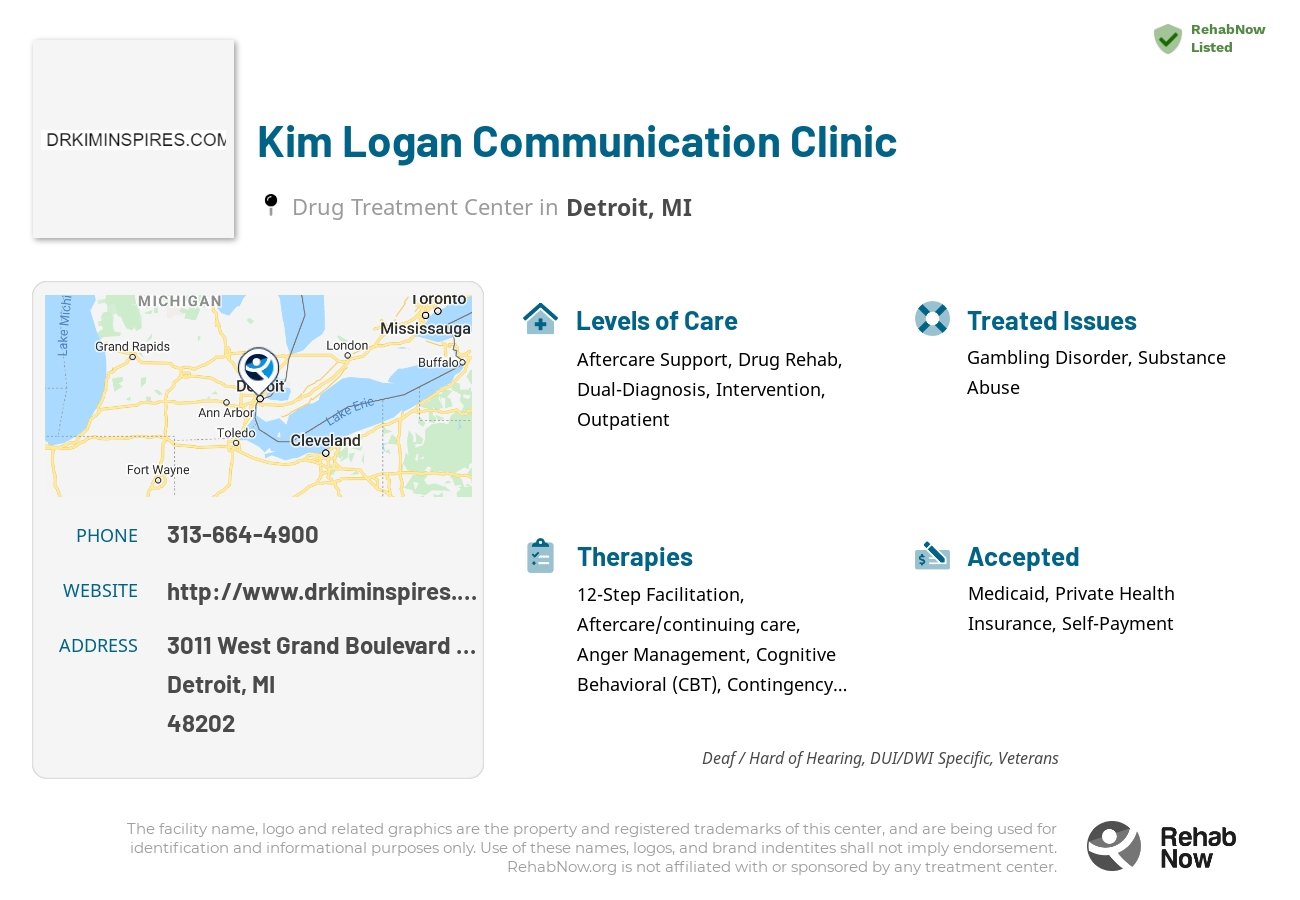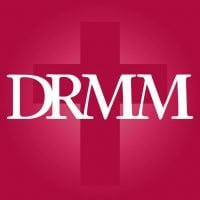
Kim Logan Communication Clinic
Drug Rehab Center in Detroit, Michigan
- Substance Abuse
- Dual Diagnosis
- Drug Addiction
Kim Logan Communication Clinic is a state-of-the-art addiction treatment facility in Detroit that offers evidence-based treatment practices and personalized services to help individuals struggling with addiction, and is accredited by the Commission on Accreditation of Rehabilitation Facilities.
About This Detroit, MI Facility
Kim Logan Communication Clinic in Detroit, Michigan is a state-of-the-art addiction treatment facility that provides a comprehensive range of services to those suffering from substance abuse in the Detroit area. With multidisciplinary staff and state-of-the-art facilities, Kim Logan offers a variety of treatments and therapies tailored to the individual needs of each patient. From detoxification and stabilization services to individualized treatment plans and aftercare support, Kim Logan is dedicated to helping individuals through their recovery journeys.
At Kim Logan Communication Clinic, patients can access a variety of services specifically tailored to their needs. These include evidence-based treatment practices such as Cognitive Behavioral Therapy, Dialectical Behavior Therapy, and Eye Movement Desensitization and Reprocessing (EMDR). Additionally, the facility offers services such as Motivational Interviewing and Rational Emotive Behavior Therapy to help individuals identify and change unhealthy behaviors or thought patterns. Kim Logan also provides family therapy and structured support groups to foster social and emotional connection for those struggling with addiction.
Kim Logan Communication Clinic is committed to providing the highest quality care for individuals struggling with addiction and substance abuse. The facility is accredited by the Commission on Accreditation of Rehabilitation Facilities and holds dual licensing from the Michigan Department of Licensing and Regulatory Affairs and the Michigan Department of Mental Health and Substance Abuse. Kim Logan is also a proud recipient of the National Accreditation of Rehabilitation Facilities and is continually expanding its treatment services and programs to better serve the Detroit community.
Genders
Ages
Modality
Additional
Conditions and Issues Treated
Using both legal medications and illegal substances in order to maintain an addiction is substance abuse. Illegal substances can become addictive after a single use. If you are obtaining legal medications illegally, you may be suffering from substance abuse.
Fortunately facilities like Kim Logan Communication Clinic in Detroit, MI are here to help.
When someone in Michigan struggles with both addiction and mental or emotional illness, this is considered a dual diagnosis. Dual diagnosis treatment can include emotional trauma, bipolar disorder, schizophrenia, depression. Getting treatment for these issues must occur at the same time to treat either of them effectively.
Levels of Care Offered
This center offers a variety of custom treatment tailored to individual recovery. Currently available are Aftercare Support, Drug Rehab, Dual-Diagnosis, Intervention, Outpatient, with additional therapies available as listed below.
Intervention services are designed to help loved ones of an individual suffering from alcohol or drug addiction. They aim to help the individual realize that their behavior is causing damage, and external help is crucial to handle their problem efficiently.
Treatment for substance abuse does not cease after an individual successfully completes a detox or rehabilitation program. A vital follow-up treatment service is aftercare support provided to individuals at Kim Logan Communication Clinic in Michigan after they attain initial sobriety.
Aftercare support often takes the following forms: 12-Step Programs, Outpatient Treatment Programs, and Support Groups. The most effective aftercare programs are tailored to meet an individual’s specific needs and circumstances.
Kim Logan Communication Clinic‘s Therapies & Programs
Spousal relationships bear the brunt of alcohol and drug dependence. It becomes critical to submit the relationship to couples therapy to prevent straining it further. Some facilities like Kim Logan Communication Clinic in Detroit, MI offer couples therapy options to manage intimate partnerships amid the recovery process. Other couples-focused treatment plans can provide the patient and their partner tools to get things back to normal.
When family members are more proactive and involved in the treatment procedure, it encourages the patient to advance his or her progress. Moreover, it shouldn’t be ignored that genetics play a role when it comes to addiction, so it’s better to approach the problem as a unit. Also, with proper education, family members can help an individual avoid addiction triggers and guide him or her in making lifestyle changes necessary for his or her sobriety.
It has been said that unhealed trauma is the root of most addictions. Trauma therapy is a way of addressing trauma while in a safe situation in order to heal. Healing past traumas and introducing coping strategies are strong foundations for sustained recovery from addiction. This may involve individual or group counseling or both, in a Detroit, MI facility. Other forms of therapy have been proven to assist in healing past traumas.
Cognitive Behavioral Therapy (CBT) is a type of psychotherapy that focuses on the underlying thoughts and behaviors that caused the problem of addiction in the first place and may cause a relapse. Negative feelings are common in substance abuse disorders, and if not recognized, they can cause co-occurring disorders.
CBT involves strategies that help to change the thinking and behavioral pattern by cognitive restructuring. In simple terms, it helps to remove negative thoughts and provides long-term benefits. Also, CBT promotes self-awareness, self-control, and healthy ways to respond to negative thoughts. It can be administered as a mono-therapy as well as a part of combination therapy.
The 12-step program is a part of substance abuse treatment. In this program, peers help each other to achieve the goal of abstinence. It was initially developed by the founders of Alcoholics Anonymous. Due to its huge success, the 12-step program is included as a part of other substance abuse treatments.
The 12 steps guide at an individual level. It begins with the individuals accepting that they are addicts, and they understand its consequences. It is followed by focusing on the recovery process and making amends for hurting others. The program provides the benefit of cognitive restructuring, which refers to the process of change in the negative thoughts that leads to long-term benefits.
Payment Options Accepted
For specific insurance or payment methods please contact us.
Is your insurance accepted?
Ask an expert, call (888) 674-0062
Additional Details
Specifics, location, and helpful extra information.
Detroit, Michigan 48202 Phone Number(313) 664-4900 Meta DetailsUpdated November 25, 2023
Staff Verified
Patient Reviews
There are no reviews yet. Be the first one to write one.
Detroit, Michigan Addiction Information
Michigan has the second-highest rate of drug and alcohol abuse in the nation. Heroin is linked to more than 50% of the state's hepatitis C cases. Marijuana is the drug most often associated with crimes in Michigan, followed by methamphetamines. Opioids alone are responsible for almost 20% of all drug overdose deaths in Michigan.
Over 1,000 drug-related overdose deaths occurred in Detroit, Michigan, in 2017 alone. Opioids (42%) and benzodiazepines (22%) are the most common drugs involved in overdose deaths. Drug overdoses killed more people in 2016 than homicides. In Detroit, Michigan, there are a variety of drug rehab centers to choose from. The most important thing is to find a facility that will best meet the needs of the individual.
Treatment in Nearby Cities
- Canton, MI (21.1 mi.)
- Walled Lake, MI (23.6 mi.)
- Novi, MI (21.7 mi.)
- Ishpeming, MI (363.9 mi.)
- Commerce Township, MI (25.3 mi.)
Centers near Kim Logan Communication Clinic
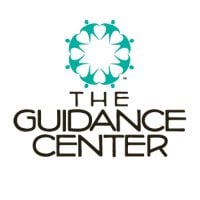
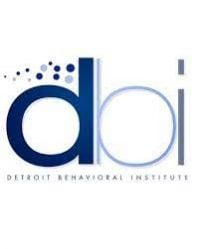
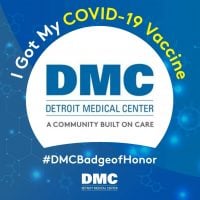
The facility name, logo and brand are the property and registered trademarks of Kim Logan Communication Clinic, and are being used for identification and informational purposes only. Use of these names, logos and brands shall not imply endorsement. RehabNow.org is not affiliated with or sponsored by Kim Logan Communication Clinic.

